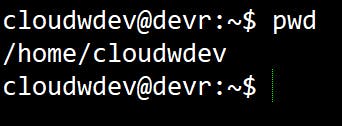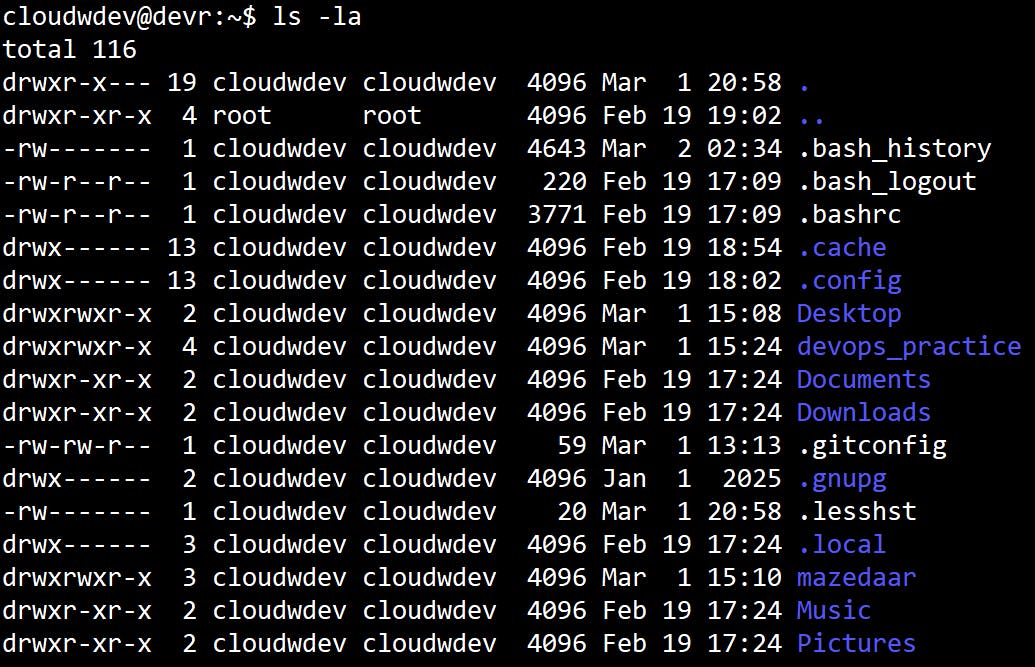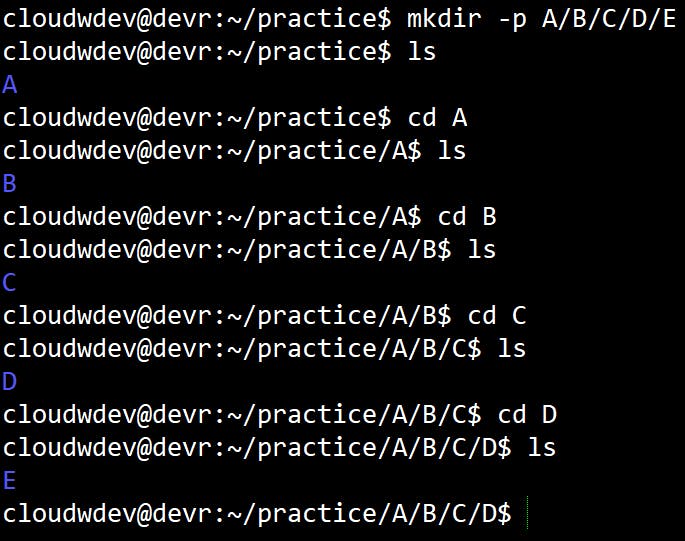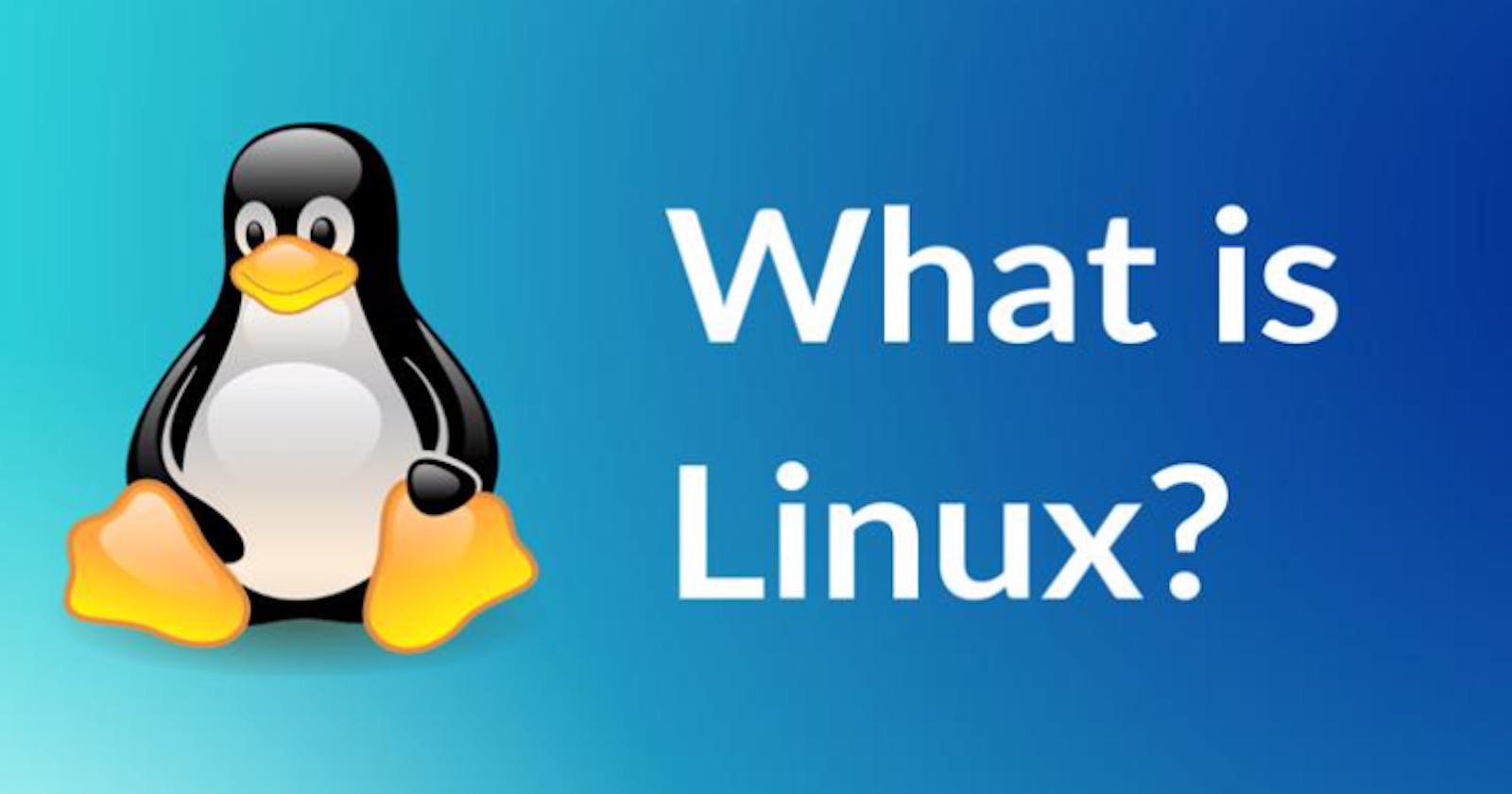This is #day2 #90DaysofDevops challenge under the guidance of Shubham Londhe Sir.
What is Linux?
- Linux is like the operating system (OS) of your computer, just like Windows or macOS. But it's special because it's free for anyone to use and change as they like. Imagine it as the boss of your computer, making sure everything runs smoothly.
Demystifying Linux: From Origins to Everyday Impact
Linux, a name synonymous with open-source technology, has become a powerful force in the world of computing. But what exactly is it, and how did it come to be? Let's dive into its fascinating journey:

A Brief History of Linux:
Early 1990s: Linus Torvalds, a Finnish computer science student, begins developing the Linux kernel, the core component of an operating system.
Mid-1990s: The Linux kernel gains traction due to its open-source nature, allowing developers to freely modify and contribute to its code.
Late 1990s-Early 2000s: Linux distributions (distros) like Debian and Red Hat emerge, offering user-friendly interfaces and software packages tailored for different needs.
2000s onwards: Linux adoption continues to grow across various sectors, including servers, desktops, and embedded devices.
The Many Flavors of Linux:
Unlike Windows or macOS with single, fixed versions, Linux boasts a diverse range of distros, each catering to specific user preferences and purposes. Here are some popular examples:
Ubuntu: Beginner-friendly, widely used for desktops and personal use.
Fedora: Focused on innovation and new technologies, popular among developers.
Debian: Stable and secure, used for servers and mission-critical applications.
Linux Mint: Cinnamon-based desktop known for its ease of use and elegance.
Why Linux Matters in Your Daily Life:
Even though you might not directly use Linux on your personal computer, it plays a surprisingly significant role in your everyday life:
Powers the web: Many websites and online services run on Linux servers, ensuring their smooth operation and accessibility.
Drives technology: Linux is embedded in various devices like smartphones, smart TVs, and even routers, silently contributing to their functionalities.
Boosts security: Linux is known for its robust security features, making it a preferred choice for critical infrastructure and financial systems.
Linux: A Boon for DevOps and Cloud Computing:
DevOps, a software development methodology emphasizing collaboration and automation, heavily relies on Linux:
Open-source tools: Most popular DevOps tools like Git, Docker, and Kubernetes are built on Linux, fostering a collaborative development environment.
Automation and scripting: Linux's command-line interface and scripting capabilities enable automating repetitive tasks, streamlining the development process.
Cloud infrastructure: Linux is the dominant operating system in cloud computing platforms like Amazon Web Services (AWS) and Microsoft Azure, providing a scalable and secure foundation for cloud applications.
Let's explore some basic commands:

- Check your present working directory:
To see where you are currently in the computer, use the following command:
pwd
- Listing Everything, Including Hidden Files:
To list all files and folders, even the hidden ones, use:
ls -la

- Creating Nested Folders:
To organize your files into nested folders, use:
mkdir -p A/B/C/D/E
If you found this information useful, feel free to give it a thumbs up👍and follow for more helpful content. Your support is appreciated! 😊
Thanks for taking the time to read! ♥
